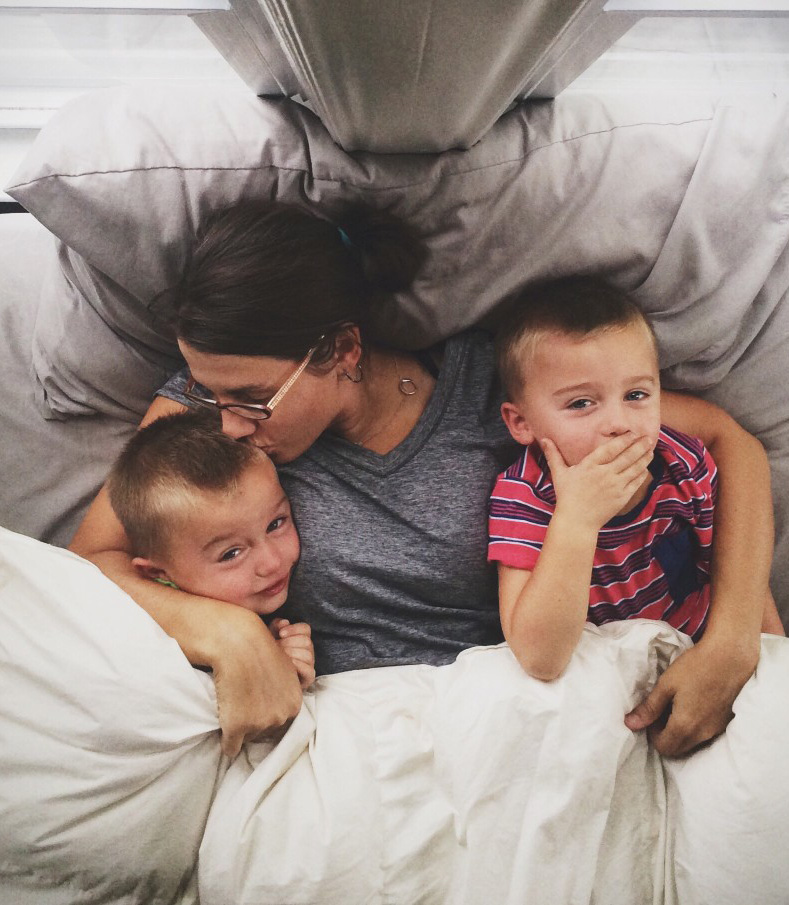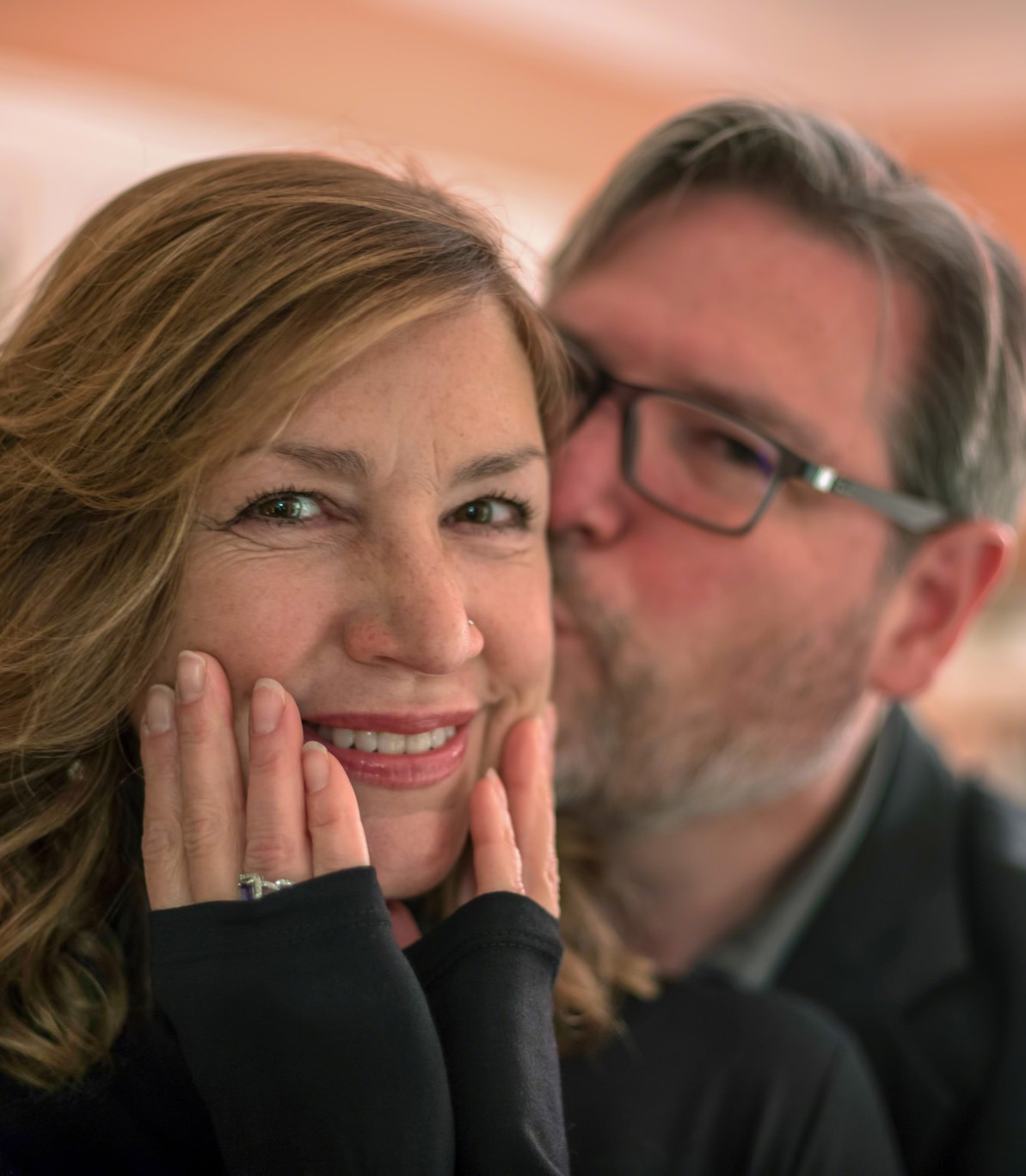
Babies are smart

The legendary pediatrician T. Berry Brazelton passed away on March 13, 2018, a month shy of his 100th birthday. For those not in the know, he was the baby whisperer before there was "The Baby Whisperer," mostly because he was one of the first pediatricians to really take the time and energy to regard babies as their own brilliant little beings. He saw them and he respected them—and he taught generation of parents to do that same.
''We used to think babies were lumps of clay,'' Brazelton told a crowd of parents back in 1990. ''We have learned so much about what they can do.''
Brazelton was one of the first to really notice all the astonishing things even the youngest newborns can see and do, and to translate it to his peers and worried parents alike.
A fellow pediatrician, Dr. Dipesh Navsaria, put it this way: "The best gift he gave me was being able to simply and easily demonstrate to parents and to trainees what babies are capable of, from the start."
All we need to do is look and listen

It's hard to resist the allure of parenting books and experts, with the promise that they'll solve all problems for you. But this is where Brazelton parted ways with his predecessor, Dr. Benjamin Spock—he believed in a parent's intuition and the ability for babies to tell a parent what they need. All you had to do was pay close attention.
"So, right from the first, I learned that if you watch a baby and listen to them—or a child—they would tell you what they were about to do," he told NPR. "And I could stop them before they got in trouble, not afterward."
Babies have their own, natural temperament

In Brazelton's 1969 book "Infants and Mothers: Differences in Development," he shared the very normal development of three very different babies. Some are active. Some are quiet. Some are average—a bit in-between. They were all normal, but also different and distinct. Brazelton's thesis was so common-sense, but actually revolutionary at the time: Normal babies are not all alike.
Babies drive the parenting style (not the other way around)

This idea is truly revolutionary. Brazelton noticed, in his carefully observant way, that an infant's personality—whether they are shy and anxious or bold and resilient—shapes the parent and her parenting style. Hypersensitive babies, for instance, might shut down instead of responding to their mother's coos and bids for attention. In turn, the mother may dial down how much stimulation she offers the baby.
Barry Lester, an esteemed psychologist who worked with Brazelton in the 1970s, once said, "There's a built-in reciprocity; infant behavior is modified by the mother, mother's behavior is modified by the infant in a mutually reciprocal relationship."
Behavior tends to fall apart right before a cognitive leap

Fussing, tantrums, sleep regressions: The prevailing school of thought, back in Brazelton's early days, was that these were misbehaviors that required correction or discipline. But Brazelton realized that certain kinds of emotional dysregulation—being "disorganized"—tended to precede a developmental leap. A child who sleeps soundly through the night begins waking again, not because they're troublesome, but because they are about to start crawling or utter their first words. Understanding this pattern helps parents tolerate what feels like a step backward.
All you need is love

Though some critics of Brazelton dismissed him as too "sunny," he was right about one core thing—the enduring power of a parents' unconditional love. And that love is the cornerstone of a child's healthy self-esteem.
He and co-author Dr. Josh Sparrow wrote, "Feeling loved no matter what does not fill us with illusions about how wonderful we are, but helps us to tolerate our imperfections. When we can do this, we are more likely to learn to live with the imperfections of others. This is why self-esteem is such an important first step in learning to get along with others."
Discipline is not punishment—it’s teaching

That Brazelton eschewed spanking is no surprise. But Brazelton's take on discipline—that it's really about self-regulation—was revolutionary at a time when authoritarian parenting still ruled. As he told the New York Times, "Punishment that merely stops a problem behavior in the moment—and any aversive stimulus applied to a misbehaving child can accomplish this—does not teach the child, nor does it prepare him for the ultimate goal of discipline: self-discipline."
Parents deserve as much support as babies

Brazelton's gift wasn't just that he saw infants and babies for who they were, he saw parents for themselves as well. He encouraged parents to share their frustrations—and he normalized their concerns. He realized, early on, that his role wasn't just to treat illness, but to support every member of the family as a child grew under his care.
As Dr. David Elkind, a professor of child study at Tufts University, once explained, ''[Brazelton] recognizes the problems of parents in a new time. He speaks to parents with a great deal of sympathy and compassion, and they respect him.''
Parents don’t have to be perfect

In a 2015 interview with Bill Moyers, Brazelton empathized with the plight of modern parents. He sees "a lot of this wish to be perfection, you know, perfect mother, perfect father, perfect child, and so they're pushing themselves so hard that they don't really learn the subtlety of parenting or the excitement of watching a child make a mistake, bringing it back, try again. And, you know, giving the child and themselves some leeway. So the anguish, I think, is the pressure everybody feels under.
''Nobody can be a perfect parent," he later told the New York Times_._ "It isn't possible. You only learn by mistakes.''
Pediatrics is about development as much as it is about disease

In many ways, Brazelton changed pediatrics itself. In the 1950s, '60s and into the '70s, pediatrics was concerned primarily with disease. Now, most parents regularly attend well-baby visits that cover infant development and, with the right pediatrician, offer opportunities for advice and support.
Let your wife win the argument

Brazelton's empathy and humor weren't limited to the exam room. As he told The Boston Globe of his relationship with his wife, "We went back and forth all the time. We argued for 66 years, and I always let her win. It kept everything alive."




